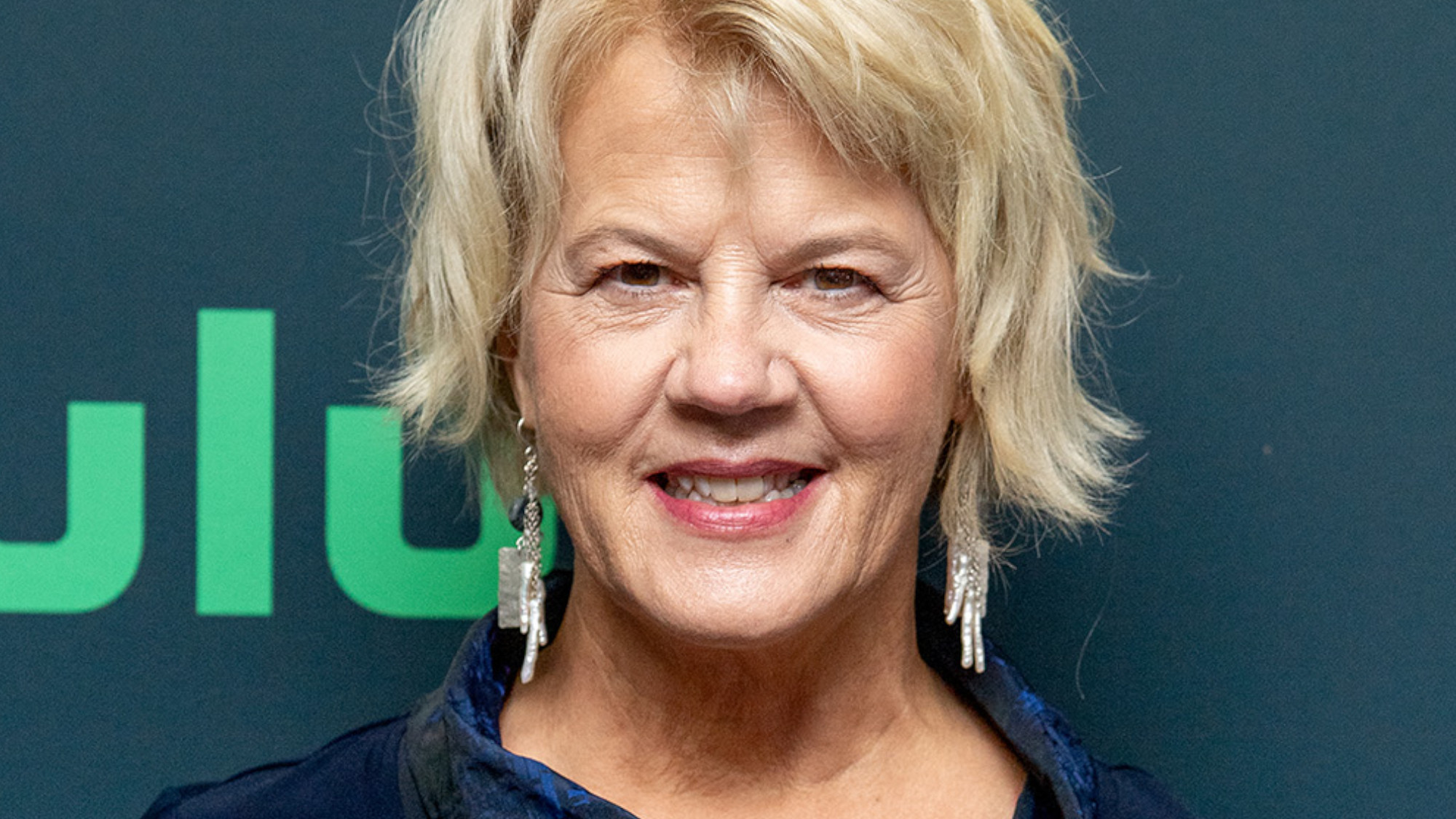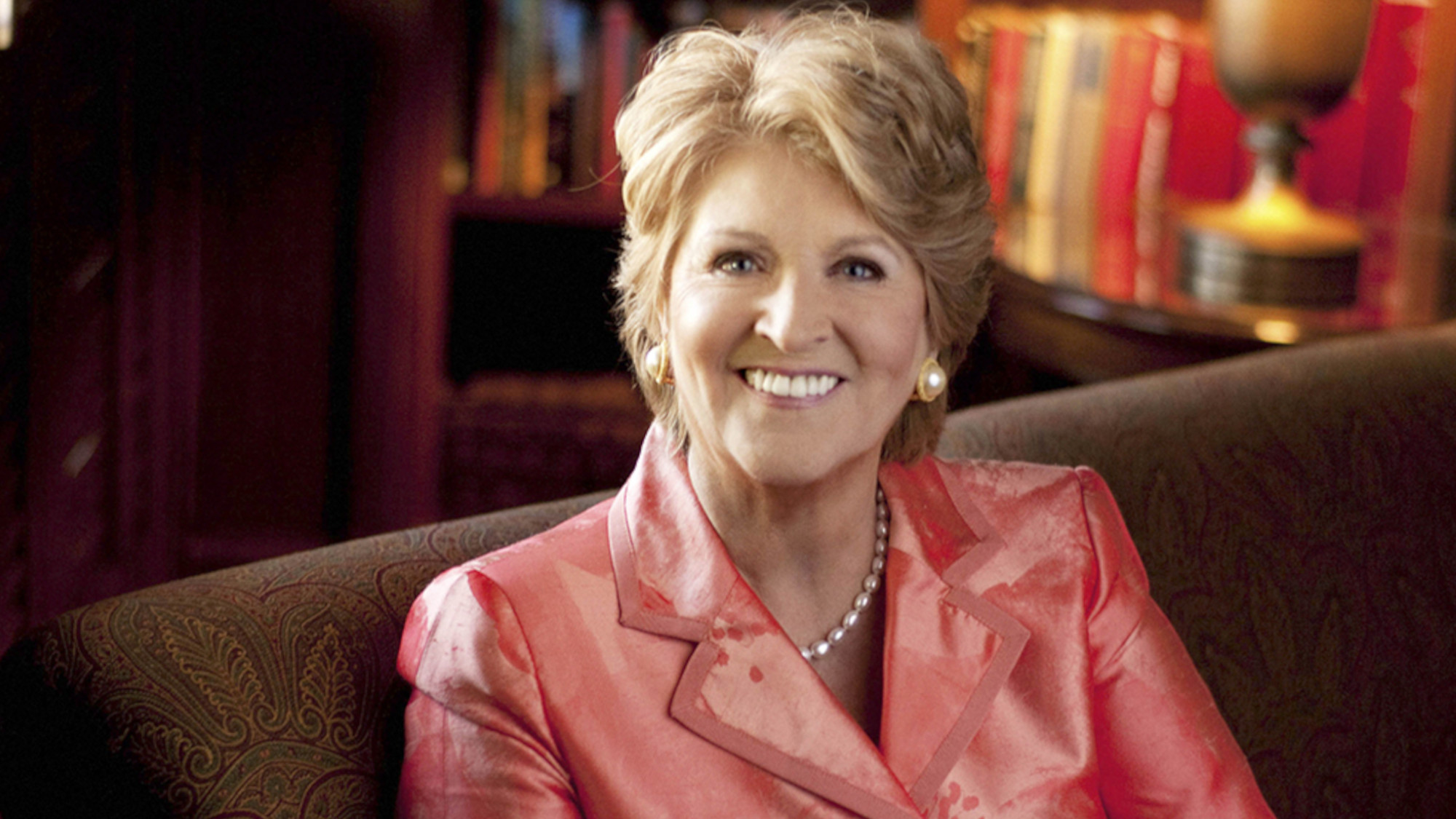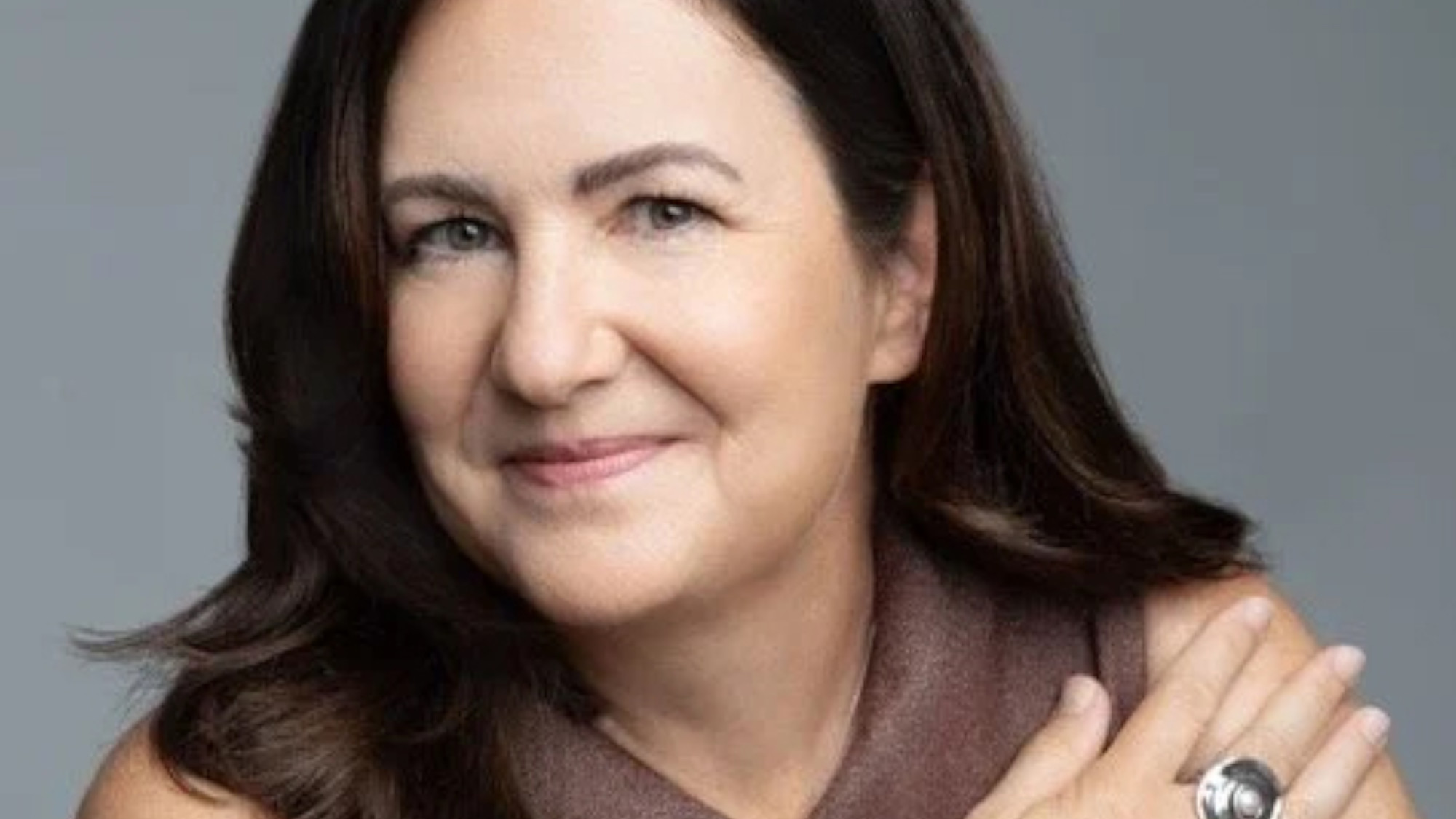April Bernard
A free daily email with the biggest news stories of the day – and the best features from TheWeek.com
You are now subscribed
Your newsletter sign-up was successful
April Bernard’s new collection of poems, Swan Electric, was published in June (W.W. Norton & Company, $22). Here she chooses books “which are not merely ‘favorites,’ but which, upon consultation, recharge the writing impulse.”
The Tax Inspector by Peter Carey (Vintage Books, $14). Incredibly funny and scary, this story—about used-car dealers with big family secrets in rotten rural-suburban Sydney—is by our latter-day Dickens, minus the sentimentality.
Persuasion by Jane Austen (Signet, $5). In this, her last and sweetest novel, Austen affirms the possibility of second chances and the triumph of virtue over seeming virtue. Each sentence is hand-carved, “turned,” like a finial, perfectly.
The Week
Escape your echo chamber. Get the facts behind the news, plus analysis from multiple perspectives.

Sign up for The Week's Free Newsletters
From our morning news briefing to a weekly Good News Newsletter, get the best of The Week delivered directly to your inbox.
From our morning news briefing to a weekly Good News Newsletter, get the best of The Week delivered directly to your inbox.
Desire by Frank Bidart (Farrar, Straus & Giroux, $11). The most important book of poems in English from the last 10 years. The long poem, “The Second Hour of the Night,” is astonishing for its bravery and intellectual sweep.
The Songlines by Bruce Chatwin (Penguin, $14). This haunting account of the author’s encounter with the Australian aborigines—who “sing” the world and its history into being as they walk along the paths of the desert—is also a book of radical and fond ambition, the writer’s, to redeem mankind from the slur of an accused “aggressive nature” and to posit the saving graces of altruism and harmony.
The Emigrants by W.G. Sebald (New Directions, $14). Nothing less than urgent reading for everyone who cares about the endless aftermath of the Holocaust, or love, or hope, or, for that matter, what it means to tell a story—and surely that’s all of us.
Wuthering Heights by Emily Brontë (Bantam Classics, $5). I continue to insist, like the Ancient Mariner who stoppeth one of three, that this is an essentially comic book, and was written from Brontë’s mordant laughter. If you take it seriously, you are lost.
A free daily email with the biggest news stories of the day – and the best features from TheWeek.com
-
 The Week Unwrapped: Have televised confessions quelled protests in Iran?
The Week Unwrapped: Have televised confessions quelled protests in Iran?Podcast Plus, why has Elon Musk turned from Mars to the Moon? And will the BBC prove to be a puzzles champ?
-
 The week’s best photos
The week’s best photosIn Pictures An Andean god, a rogue squirrel, and more
-
 9 products to jazz up your letters and cards
9 products to jazz up your letters and cardsThe Week Recommends Get the write stuff
-
 Beth Macy’s 6 favorite books about living in a divided nation
Beth Macy’s 6 favorite books about living in a divided nationFeature The journalist recommends works by Nicholas Buccola, Matthew Desmond, and more
-
 Gilbert King’s 6 favorite books about the search for justice
Gilbert King’s 6 favorite books about the search for justiceFeature The journalist recommends works by Bryan Stevenson, David Grann, and more
-
 Nathan Harris’ 6 favorite books that turn adventures into revelations
Nathan Harris’ 6 favorite books that turn adventures into revelationsFeature The author recommends works by Kazuo Ishiguro, Ian McGuire, and more
-
 Marisa Silver’s 6 favorite books that capture a lifetime
Marisa Silver’s 6 favorite books that capture a lifetimeFeature The author recommends works by John Williams, Ian McEwan, and more
-
 Lou Berney’s 6 favorite books with powerful storytelling
Lou Berney’s 6 favorite books with powerful storytellingFeature The award-winning author recommends works by Dorothy B. Hughes, James McBride, and more
-
 Elizabeth Gilbert’s favorite books about women overcoming difficulties
Elizabeth Gilbert’s favorite books about women overcoming difficultiesFeature The author recommends works by Tove Jansson, Lauren Groff, and more
-
 Fannie Flagg’s 6 favorite books that sparked her imagination
Fannie Flagg’s 6 favorite books that sparked her imaginationFeature The author recommends works by Johanna Spyri, John Steinbeck, and more
-
 Jessica Francis Kane's 6 favorite books that prove less is more
Jessica Francis Kane's 6 favorite books that prove less is moreFeature The author recommends works by Penelope Fitzgerald, Marie-Helene Bertino, and more